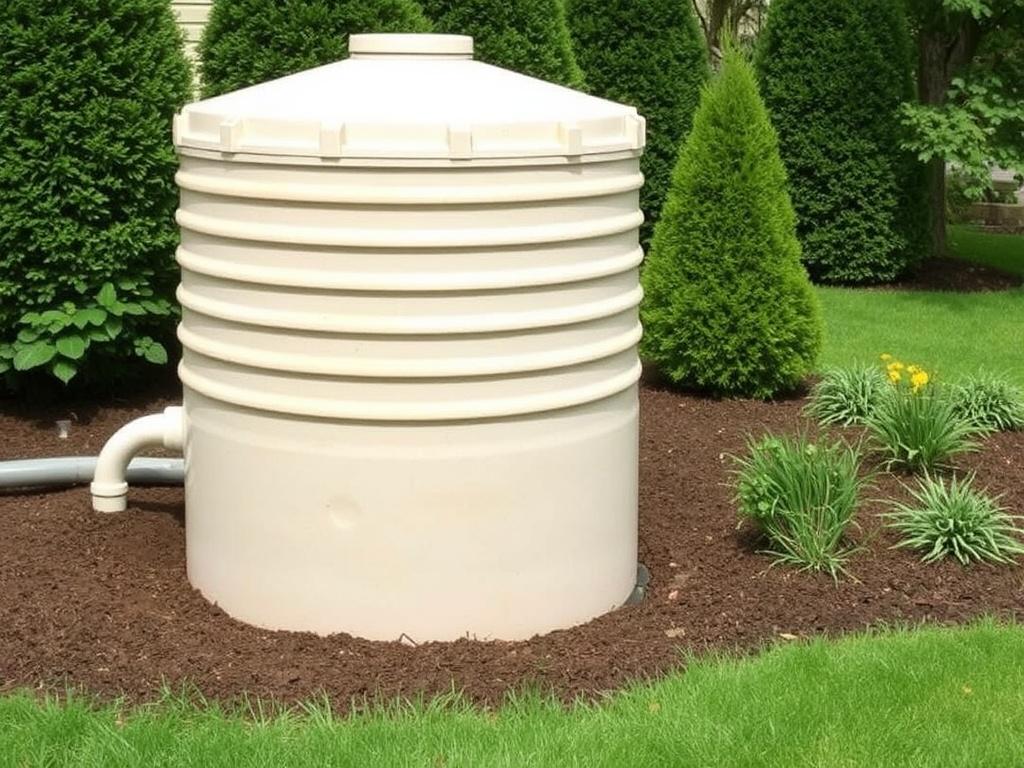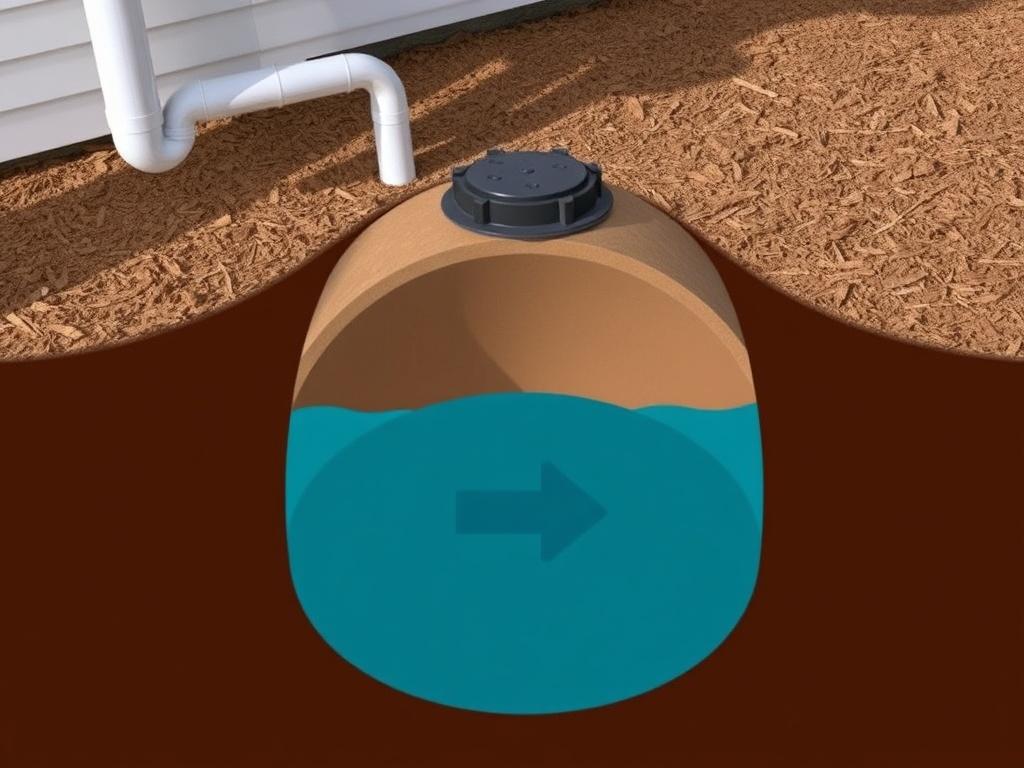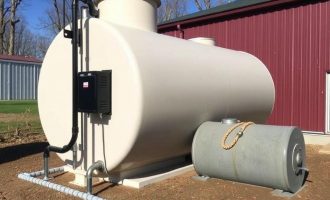When it comes to maintaining a septic system, one of the most important tasks homeowners often wonder about is septic tank pumping. It’s a necessary job to keep the system functioning efficiently and to avoid costly repairs down the road. But many people ask, “How much does it cost to pump a septic tank?” The answer is not as straightforward as you might think. Various factors influence the price, and understanding these can help you plan better and avoid surprises.
In this article, we’ll explore everything you need to know about the typical costs involved in septic tank pumping. From what septic tank pumping entails to pricing averages, the influencing factors, and ways to save money, we’ll guide you through the details. By the end, you’ll have a clear picture of how much you should expect to pay and how to keep your septic system in tip-top shape without breaking the bank.
- What Is Septic Tank Pumping and Why Is It Important?
- Why You Shouldn’t Delay Septic Tank Pumping
- Factors That Influence the Cost to Pump a Septic Tank
- 1. Septic Tank Size
- 2. Location and Accessibility
- 3. Frequency of Pumping and Service History
- 4. Type of Service Provider
- 5. Additional Services
- Typical Cost Range for Septic Tank Pumping
- Comparing Septic Tank Pumping Costs by Region
- How to Find Affordable and Reliable Septic Tank Pumping Services
- Tips for Hiring a Septic Pumping Service:
- Questions to Ask Your Septic Pumping Service:
- DIY Septic Tank Pumping: Is It Worth Trying?
- How to Maintain Your Septic System and Reduce Pumping Costs
- Best Practices for Septic System Care:
- Signs Your Septic Tank Needs Pumping
- How Septic Tank Pumping Fits Into Overall Home Maintenance Costs
- Conclusion
What Is Septic Tank Pumping and Why Is It Important?

Septic tank pumping is the process of removing the accumulation of sludge and scum from your septic tank. Over time, the solid waste that enters the tank settles, forming layers that can cause backups or system failures if not periodically emptied. Septic tanks rely on proper maintenance to ensure that wastewater is treated effectively and safely dispersed into the drain field.
Most professionals recommend pumping your septic tank every 3 to 5 years, depending on your household size, tank size, and water usage. Ignoring this routine can lead to overflowing tanks, costly repairs, or even environmental hazards as untreated waste contaminates surrounding soil and groundwater.
Why You Shouldn’t Delay Septic Tank Pumping
Delaying septic tank pumping may save money in the short term, but it often results in expensive consequences. When sludge builds up excessively, solids can flow into your drain field, causing clogs or damage that can cost thousands to fix. Additionally, neglected septic tanks can create unpleasant odors, slow drains, and even health risks for your family.
Regular pumping helps you avoid these problems, keeps your system functioning smoothly, and extends the tank’s lifespan. So, investing in septic tank pumping is an investment in peace of mind and property value.
Factors That Influence the Cost to Pump a Septic Tank
“How much does it cost to pump a septic tank?” is a question that depends on several variables. Knowing these factors can help you understand price variations and get accurate quotes from servicing professionals.
1. Septic Tank Size
One of the primary factors affecting cost is the size of your septic tank. Tanks typically range from 500 to 1,500 gallons, with larger tanks containing more waste material to remove.
Generally, the bigger the tank, the higher the pumping cost. For instance:
| Tank Size (Gallons) | Estimated Pumping Cost |
|---|---|
| 500 – 750 | $200 – $300 |
| 1,000 | $250 – $400 |
| 1,250 – 1,500 | $350 – $500 |
Keep in mind that these prices are approximate and can vary based on other factors as well.
2. Location and Accessibility
Your septic tank’s location on your property can impact the pumping cost. If the tank is easy to access with pumping trucks and equipment, the job is usually faster and less expensive. However, if the tank is buried deep, under a driveway, or surrounded by landscaping, technicians may require additional labor, equipment, or time, all of which increase the cost.
Additionally, rural areas sometimes experience higher prices due to travel distances travel fees or scarcity of septic pumping services.
3. Frequency of Pumping and Service History
How often you pump your tank matters. If your septic system has been neglected for many years, the waste inside may have hardened or settled, making it more difficult (and time-consuming) to pump out. This can lead to higher charges compared to regular maintenance pumping.
Regular pumping creates a routine that avoids excessive buildup, easing the job and reducing costs over time.
4. Type of Service Provider
Some septic servicing companies charge flat rates, while others quote based on the volume pumped or the time it takes. Licensed professionals with good reputations and experience may charge more but offer better service quality and reliability. Beware of extremely low quotes, as they could be a sign of subpar work that may cause issues later.
5. Additional Services
Sometimes, septic tank pumping might reveal or require extra services such as inspection, repairs, or emergency pumping. These will naturally add to your overall cost. For example, if the tank has cracks or system malfunctions, repairs can range from a few hundred to several thousand dollars.
Typical Cost Range for Septic Tank Pumping
With all the variables considered, here’s a general guideline for the typical septic tank pumping costs in the United States:
- Average Cost: $250 to $500 per pumping
- Minimum Cost: Around $150 for small, easy-to-access tanks
- Maximum Cost: Up to $600 or more for large or difficult-to-access tanks
These prices usually cover the labor, use of pumping equipment, and disposal of waste at a treatment facility. You should always ask for detailed quotes or invoices to understand what’s included.
Comparing Septic Tank Pumping Costs by Region
Regional differences can also affect pricing. Some areas have more septic service providers, intense competition, or lower cost of living, resulting in more affordable rates. In contrast, urban or remote areas often have higher costs. Here’s a rough price comparison by region:
| Region | Average Pumping Cost |
|---|---|
| Northeast | $300 – $500 |
| Midwest | $250 – $450 |
| South | $200 – $400 |
| West | $300 – $600 |
How to Find Affordable and Reliable Septic Tank Pumping Services
Choosing the right service provider is key to getting good value for your money while ensuring your septic system is handled responsibly.
Tips for Hiring a Septic Pumping Service:
- Get Multiple Quotes: Contact at least three providers to compare prices and services.
- Check Certifications and Licensing: Ensure company technicians are licensed and insured.
- Read Customer Reviews: Look up testimonials and ratings on trusted websites.
- Ask About Disposal Methods: Confirm the company properly disposes of sewage to protect the environment and comply with regulations.
- Request Written Estimates: Avoid surprises by getting detailed written quotes before work begins.
- Schedule Routine Pumping: Establish a regular maintenance schedule for cost savings in the long term.
Questions to Ask Your Septic Pumping Service:
| Question | Why It Matters |
|---|---|
| Are you licensed and insured? | Protects you from liability and ensures professionalism. |
| Do you provide a written estimate upfront? | Prevents unexpected charges. |
| How do you dispose of septic waste? | Ensures environmental safety and legal compliance. |
| What is your availability and response time? | Important for scheduling and emergencies. |
| Do you include inspection services? | Helps catch potential issues early. |
DIY Septic Tank Pumping: Is It Worth Trying?
Some handy homeowners might wonder if septic tank pumping is a do-it-yourself project to save money. However, this is rarely recommended for several reasons:
- Safety Risks: Septic tanks contain harmful gases and bacteria that can pose severe health hazards.
- Equipment Needs: Pumping requires specialized vacuum trucks and proper disposal methods.
- Legal Regulations: Most municipalities require septic waste to be disposed of at authorized facilities, often contracted by licensed professionals.
- Technical Knowledge: Incorrect pumping can damage your system or cause environmental contamination.
In short, except for basic maintenance checks, septic tank pumping is better left to experts to ensure safety and compliance.
How to Maintain Your Septic System and Reduce Pumping Costs
While pumping is essential, you can extend the time between service calls with smart maintenance habits. This helps you reduce overall septic tank pumping costs while preserving your system’s health.
Best Practices for Septic System Care:
- Conserve Water: Excessive water use strains your septic system. Fix leaks, install water-efficient fixtures, and spread out heavy water use.
- Avoid Harsh Chemicals: Don’t pour toxic chemicals, grease, or non-biodegradable items down the drain.
- Use Septic-Friendly Products: Choose gentle cleaning products and toilet paper designed for septic systems.
- Protect Your Drain Field: Avoid driving or parking heavy vehicles over your drain field, and don’t plant trees with deep roots nearby.
- Regular Inspections: Schedule professional septic system inspections to detect problems early.
By following these steps, you help keep sludge from accumulating too quickly and protect the drain field, reducing the frequency and cost of pumping.
Signs Your Septic Tank Needs Pumping

Knowing when to call for septic tank pumping is crucial. Waiting too long can cause serious damage. Here are some common signs indicating it’s time for pumping:
- Slow drains in sinks, toilets, or showers
- Unpleasant odors near your septic tank or drains
- Pooling water or soggy areas over the drain field
- Gurgling sounds in plumbing
- Backup of sewage inside your home
If you notice any of these signs, it’s wise to arrange for an inspection or pumping service promptly.
How Septic Tank Pumping Fits Into Overall Home Maintenance Costs
Septic system maintenance is just one part of the many home maintenance expenses owners must manage. Understanding how much pumping costs is helpful when budgeting for the year.
Here is a simple breakdown of typical annual costs related to septic systems:
| Service | Estimated Annual Cost |
|---|---|
| Septic Tank Pumping (every 3-5 years) | ~$50 to $170 (averaging $250 – $500 split over years) |
| Septic System Inspection | $100 – $300 |
| Minor Repairs and Maintenance | $100 – $500 |
| Major Repairs or Replacement (occasional) | $3,000 – $10,000+ |
Proper septic tank pumping and maintenance help you avoid these costly major repairs, making it a wise, cost-effective decision for your home budget.
Conclusion
Understanding how much it costs to pump a septic tank is essential for homeowners who want to maintain their systems efficiently and avoid expensive repairs. While the average price generally falls between $250 and $500, various factors like tank size, location, frequency of pumping, and service provider can influence the final cost. Choosing a licensed professional, scheduling routine maintenance, and practicing good septic system care can extend your tank’s life and keep costs manageable. Remember, pumping your septic tank regularly not only saves money but also protects your health and the environment. If you’re unsure about your system’s needs or potential costs, get multiple quotes and consult experts—your septic system will thank you!
Помогла вам статья?






